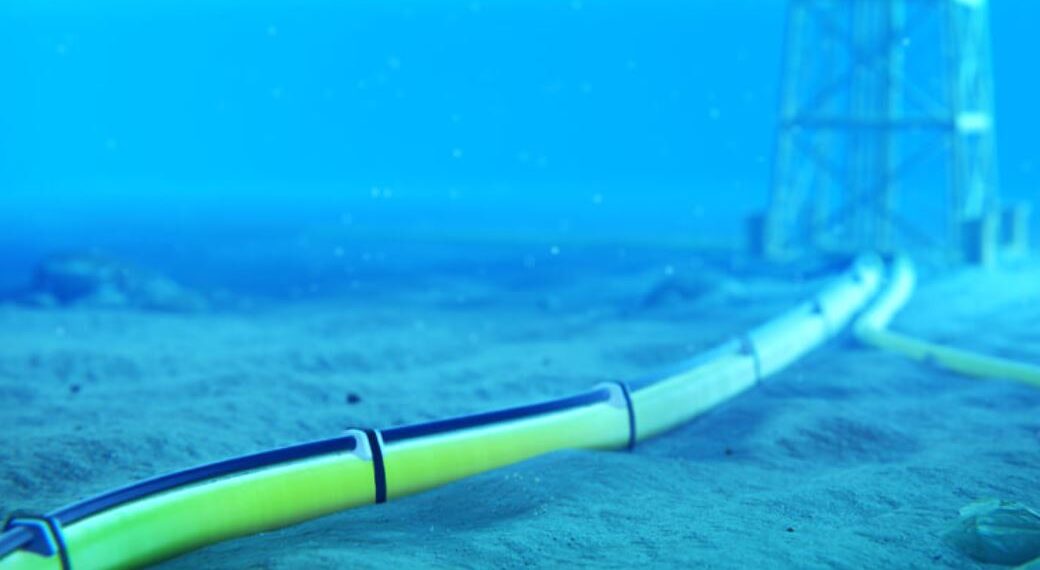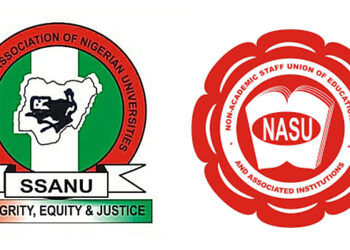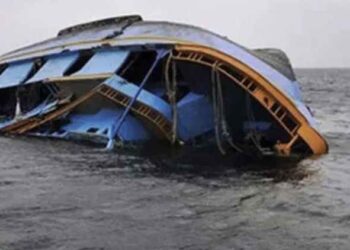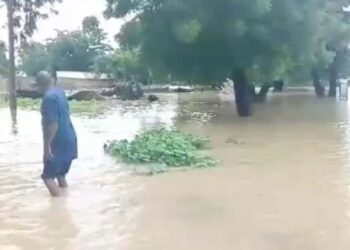Banks in Nigeria have been affected by a damage to submarine cables, causing internet outages in parts of Africa.
The submarine cable cuts, on Thursday, affected subsea cable providers and disrupted internet traffic in major parts of the continent.
According to reports, the damage affected major undersea cables near Abidjan in Côte d’Ivoire, affecting submarine communications cables, including West Africa Cable System (WACS), the Africa Coast to Europe (ACE), MainOne, and SAT3.
The issue is said to be causing downtime across West and South African countries, affecting telecommunications network as well as banks in Nigeria.
In a notice to customers on Thursday, Sterling Bank apologised to customers over the effect of the network disruption affecting transactions.
“We are aware that you may be experiencing difficulties trying to transfer funds, reach our customer care team, or transact via USSD and genuinely apologize for the effect of this on your day,” Sterling Bank said.
“We are fully committed to providing the best service and are working tirelessly to resolve this issue. You have our promise to notify you as soon as it has been fixed.”
MTN Group, Africa’s largest telecommunications provider, also said its services in several West African countries have been disrupted.
In a statement on Thursday, the telco giant said the ongoing disconnection experienced by its customers is due to breaks in multiple major undersea cables.
On February 22, 2024, Bayobab, a pan-African digital connectivity, partnered with MTN Nigeria to land a 45,000km subsea cable in the country.
The cable known as ‘2Africa,’ has its landing station at Mopo-Onibeju Lekki area of Lagos and in Qua Iboe, Akwa Ibom.
2Africa is said to be the longest underwater cable in the world, passing through three continents and 33 countries, several of which are in Africa.
Speaking further, MTN said efforts are being made to resolve the disruption.
“Recognising the critical importance of consistent internet and communication services, we are fully committed to swiftly addressing these disruptions,” MTN said.
“To mitigate the impact on our customers in the affected countries, our operations are actively working to reroute traffic through alternative network paths and engaging with our consortium partners to expedite the repair process for the damaged cables.
“Leveraging our robust and resilient network infrastructure, we aim to minimise service interruptions and maintain connectivity.
“We thank you for your patience and understanding as we work diligently to resolve this situation.”
In another statement, MTN Nigeria said the network disruption is due to damage to international undersea cables across East and West Africa.
The Nigerian Communications Commission (NCC) says repairs have commenced on damaged subsea cables.
Reuben Muoka, NCC’s director of public affairs, confirmed the development in a statement on Thursday.
According to Muoka, multiple subsea cable cuts, which occurred in Cote d’Ivoire and Senegal, with an attendant disruption in Portugal, affected several West African countries.
“A combination of cable cuts, resulting in equipment faults on the major undersea cables along the West African Coast, have negatively impacted data and fixed telecom services in several countries of West Africa,” NCC said.
“Cable companies – West African Cable System (WACS) and African Coast to Europe (ACE) in the West Coast route from Europe have experienced faults while SAT3 and MainOne have downtime.
“Similar undersea cables providing traffic from Europe to the East Coast of Africa, like Seacom, Europe India Gateway (EIG), Asia-Africa-Europe 1 (AAE1), are said to have been cut at some point around the Red Sea, resulting in degradation of services across on these routes.
“In Nigeria and other West African countries, internet access and speed have experienced disruptions in the networks of service providers in the affected countries.”
Muoka said services are gradually being restored.












